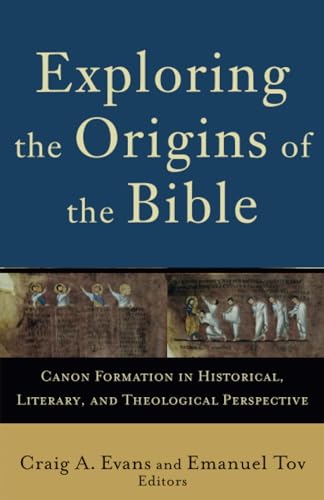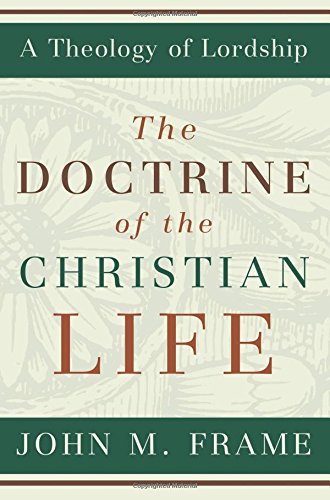Joseph Fitzmyer, a Jesuit priest and Professor Emeritus of Biblical Studies at the Catholic University of America, is a well-known figure in Pauline scholarship. Therefore, the choice of the editors of the Anchor (now Anchor Yale) Bible commentary series to invite Fitzmyer to pen this 1 Corinthians volume is not surprising. Indeed, in the same series he has written on Luke (1982), Romans (1993), Acts (1998), and Philemon (2000).
In terms of the general historical-critical orientation and approach of the series, Fitzmyer is also a wise choice as per the editors’ description: the Anchor Yale Bible intends to ‘arrive at the meaning of biblical literature through exact translation and extended exposition, and to reconstruct the ancient setting of the biblical story, as well as the circumstances of its transcription and the characteristics of its transcribers’. Though the editors claim that the series is geared toward a very general readership, many students may be intimidated by this more-than-six-hundred-page tome. The first fifteen pages of the commentary comprise Fitzmyer’s own translation of 1 Corinthians. This is followed by an extensive ‘introduction’ to the epistle which covers standard topics such as Corinth as a city, the people of Corinth, Paul’s ministry there, and characteristic literary and theological features of the letter. The remainder of the book is a section-by-section treatment of the pericopae in the epistle. In each passage, Fitzmyer offers a translation, a general discussion of the section (called ‘Comment’) and a series of exegetical annotations (called ‘Notes’).
In terms of general theological orientation, Fitzmyer does not clearly divulge his views on major cruxes in the introduction, choosing instead to treat each passage on its own. This is refreshing in that he does not seem to overlay his own view or perspective onto the whole letter. However, the drawback is that this tends to be a commentary that is almost simply a series of disjointed ‘comments’ on the text. Fitzmyer’s strengths, though, are perspicuous. He is a master philologist and, thus, offers numerous linguistic, semantic, rhetorical, and historical-comparative insights. Illuminating references to Stoic literature, the Dead Sea Scrolls, and ancient inscriptions abound. Also, Fitzmyer tends to point out how a particular verse or passage has been influential in the development of Christian doctrine, such as in the case of ministerial celibacy.
At times, one can detect where Fitzmyer falls on major issues. For instance, on the debate concerning whether or not the Corinthians suffered from an over-realized eschatology (a la Thiselton, Fee), Fitzmyer prefers to see the triumphal language of the Corinthians as following certain lines of Greek philosophy (see, e.g., pp. 217–18). And, on the matter of whether sōma should be interpreted as ‘self’ (Bultmann) or ‘physical body’ (R. Gundry), Fitzmyer tends to side with the latter.
My overall impression is that this commentary works best as a reference resource. Some commentaries are built upon a particular social, literary, or theological premise (or a combination of them), and the verse-by-verse comments are read in light of this construction. Fitzmyer does no such thing. What this boils down to, then, is a preference for what commentaries do and to what ends they are used. Consulting Fitzmyer’s work will be most profitable when the interpreter wishes to determine any relevant comparative literature, whether Jewish or Greco-Roman. Also, on major textual cruxes, Fitzmyer does relatively well at presenting the options, though one should not expect a firm ‘right answer’ from him. While I would not recommend this commentary if a student or minister could only have one resource on 1 Corinthians, nevertheless, there is much wisdom and insight in these pages for the patient reader.
Nijay K. Gupta
Nijay K. Gupta
Northeastern Seminary
Rochester, New York, USA
Other Articles in this Issue
We begin with a question of translation. Many translations place a period after the word “conviction” in 1 Thess 1:5: “in power and in the Holy Spirit and with full conviction...
The Inexhaustible Fountain of All Good Things: Union with Christ in Calvin on Ephesians
by Lee GatissJuly 10, 2009 was the 500th birthday of the acclaimed French Reformer John Calvin...
The name of Martin Luther is perpetually linked to the doctrine of justification by faith alone...
Of the many questions currently surrounding the discussion about justification, the relationship between justification and spiritual fruit merits attention...
Every year a few students ask me my thoughts about whether they should pursue doctoral studies and I respond with what has come to be known as ‘The Speech...







